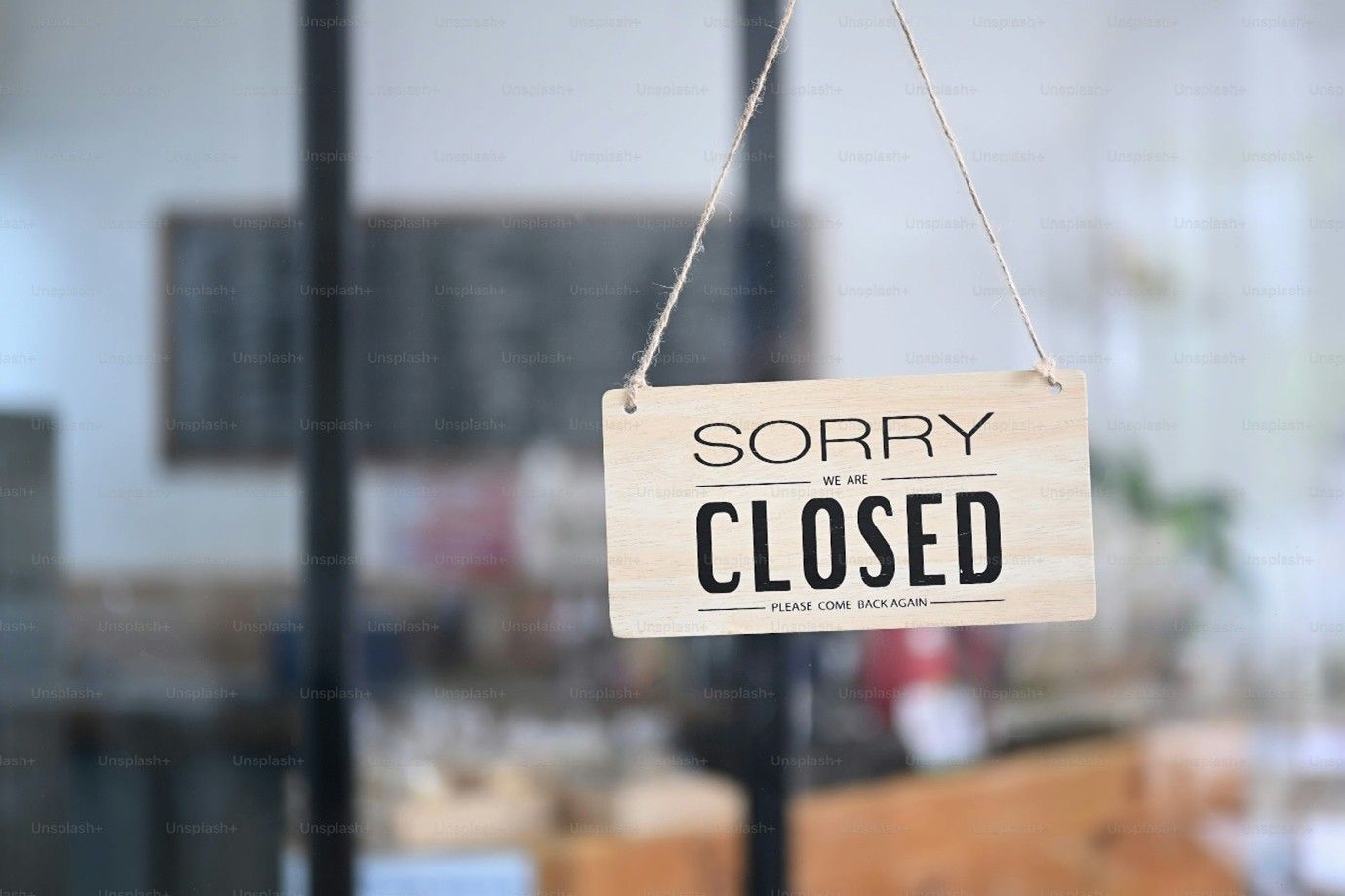Moving Forward Out Of Crisis
Richard Brewin • May 22, 2020
When crisis hits a firm, whether it be a pandemic, flood, critical IT failure or a myriad of other catastrophic, unplanned events, the ability of the business to survive and thrive will depend on its ability to manage itself through 4 key stages:
Stage 1 is the most immediate and we call this the Assess stage. What just hit us? What is going on? Where can I find out more information? Your most pressing need, having called on any existing emergency service, is knowledge. Find out as much as you can as quickly as you can so that you can move onto Stage 2...
Stabilise. This is where you take the action necessary to stabilise your business for the short term, survival mode if you like. It’s the steps you take to buy yourself time for a more considered solution. For many businesses, this stage is about protecting your remaining resources, especially cash, and your ability to function, at least in some form. This gives you some breathing space to move onto Stage 3…
Progress. You’ve stabilised the business in the short term. This is where you now start looking at how you can move forwards again. The mistake too many firms make is in staying in Stage 2, survival mode, for too long. Stage 3 is where you look for the things that you can control, the steps you can take, however small. What can we produce? What can we change to allow us to move forward? Look for the ways that you can take back control.
Stage 4 is the final stage, Evolve. Once you have taken control of your business and your destiny again, Stage 4 is where you look at the lessons you’ve learned from the experience and consider what these mean for the longer term plans and strategies of your firm. We had a plan but what does it now look like, post crisis?
These stages are not mutually exclusive. In reality, rather than doing one after another, it’s more like learning to juggle, adding one ball at a time as you become more confident of your progress. Even once you are considering your future in Stage 4, you are still keeping a weather eye on Stages 1, 2 and 3 to ensure you continue to build on a firm base. You can’t afford to drop any ball.
So, get into survival mode as quickly as possible but don’t stay there. Decide where you want to be as you come out of the storm and take charge of your own direction, don’t let the storm just spit you out.

In the Accountant/client relationship, “yes” often feels like the default. Yes to urgent requests. Yes to timeline shifts. Yes to “just one more thing” added to the scope. We want to say yes to our clients. We want to support them, be helpful and build more work, but every unqualified additional yes becomes an invisible cost; on your time, your margins, and your wellbeing. Bold accountants think differently. They know that “no” isn’t rejection. It’s honest and professional. It’s a strategic decision that protects quality, strengthens relationships, and reinforces your value.

Let’s be honest, most business owners have a perception of an accountant that probably falls far short of our ambitions. They want someone who helps them make sense of the chaos, plan for growth, and sleep better at night knowing someone’s got their back, but their accountant doesn’t usually spring to mind as this person. What they dream of is a coach, not an accountant, but, weirdly, they often don’t trust coaches but do trust their accountant. Their accountant can be both, so the client gets the trust and the coaching

Artificial Intelligence isn’t the future of accounting — it’s here now. From automating repetitive tasks to delivering deeper insights, AI is transforming the way we work, serve clients, and lead teams. But for firm leaders, success isn’t just about implementing technology; it’s about doing it strategically, responsibly, and humanely . Before diving into the ‘how’ and making piecemeal decisions, accounting firm leaders need to consider the ‘why’…and its not as simple as “because everyone else is”.
